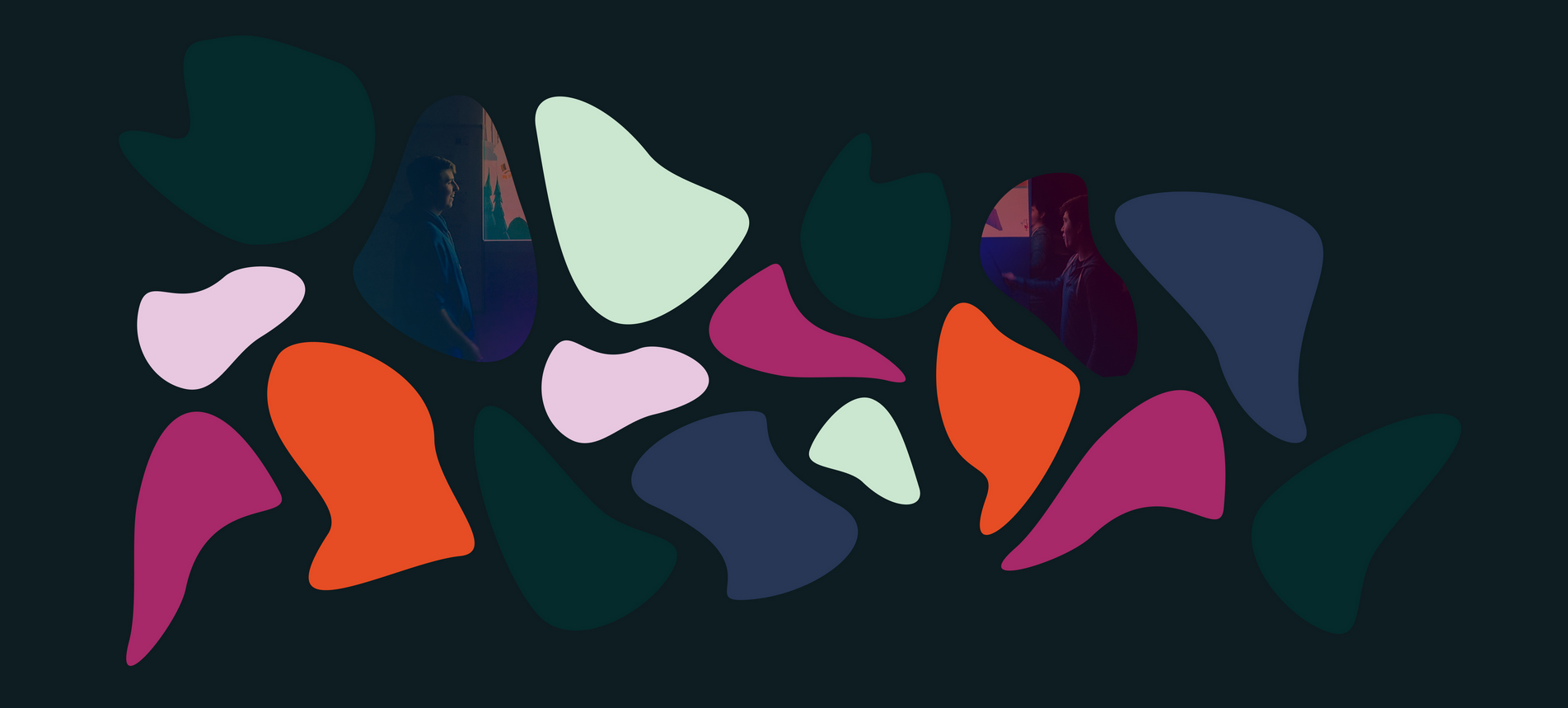Small Town Emo @ Pride At Play!
ABOUT PRIDE AT PLAY
From 21 February to 4 March, 2023 our demo for Small Town Emo was exhibited alongside a bunch of other fantastic queer games from oceania and asia pacific at “Pride at Play” - an exhibition that celebrates thoughtful queer games, held at the Sydney College of the Arts Project Space.
You can still check out the online component of the Pride At Play exhibition (there’s a bunch of fantastic games, and a lot of them are free, so definitely worth a deep dive!) Link here: prideatplay.org
PRIDE AT PLAY INTERVIEW EXCERPT
As part of this exhibition, Thomas from our team was asked to give an interview about the process of making Small Town Emo, which you can read in full within the Pride At Play catalogue (along with HEAPS of other great interviews). Download the catalogue here: monash.edu/files/39185699
Pride At Play: You managed to get Small Town Emo to run on an actual Gameboy! Why did you choose to develop for this platform?
Thomas: I’m a retro game lover, and growing up I was all about PS1, SNES & Gameboy. But I never saw any queer rep in any of the games that I would have been playing as a kid. Weirdly, I feel like I’m doing some kind of retroactive rewriting of history, by making the kind of game I would have liked to see as a kid, and having it work on the hardware. The tool we used, GB Studio, makes Gameboy dev really accessible.
I’d love to see more stuff like this get made. I wanna see people making queer games in the style of Super Nintendo or PlayStation One titles. I’m like, ‘Ahhh, give me queer retro LGBTQ+ stuff!’ My childhood was playing games that I couldn’t afford on emulators anyway, so it doesn’t necessarily feel inauthentic if these games can be played on PC or Switch or whatever. Having it on an inappropriate and confusing device is no problem!
As a teen my Gameboy experience was a bootleg one. I had like 1000-in-1 games on a weird cartridge that my mom bought back from Singapore. It was full of bootlegs and ROM hacks and really odd stuff. I think something about that really stuck with me. With Small Town Emo, there’s some inspiration that’s come from early Pokemon ROM hacks, and similar confusing games I had access to. I just remember thinking, ‘wow, people are making their own games out of games that already exist. This is so weird.’ I kind of loved it. A lot of them had heaps of swearing, too, which was pretty rad. As well as the format nostalgia that you’ve got in Small Town Emo, you’ve also got emo culture nostalgia of the
late 00’s.
Pride At Play: What drew you to making a game about that particular scene, and is there anything in particular you missed?
Thomas: My friend group were all having our MySpace-emo phases around the time the game is set. The game is not exactly autobiographical, but it is drawing on, like, those energies. The dark, angsty, silly essence of my friends and I coming of age in the mid-2000s, in a small town that kind of hated us. You could call it catharsis. Or semi-autobiographical nostalgia cringe. There’s also elements drawn from bad fanfiction, which was pretty prolific during that era.
The emo subculture of the 2000’s was a way for a lot of queer people to explore their queerness and their identity through some veil of plausible deniability. There was a little bit of protection that folks were offered by the fashion, the imagery, and the vibe of emo. So my friends and I fell into it either intentionally or just through happenstance. It’s not a coincidence that a lot of people who embraced their emo-ness used it to explore and grow into their queerness. With Small Town Emo, I think there’s a fun marriage between the nostalgia of the Gameboy format, and the nostalgia of being a (justifiably) angsty queer teen.
- - - - - -
Full interview in the Pride At Play catalogue: monash.edu/files/39185699



